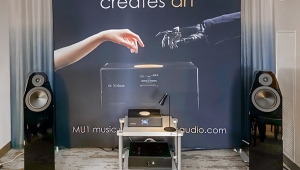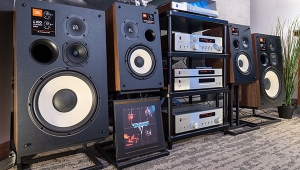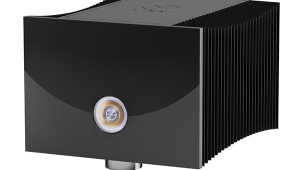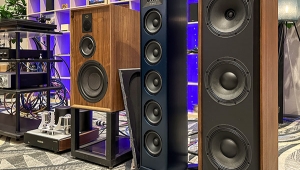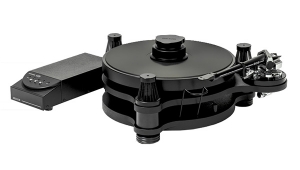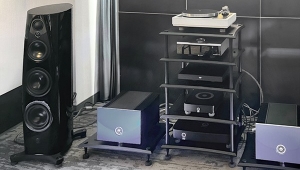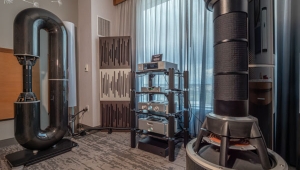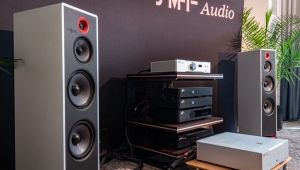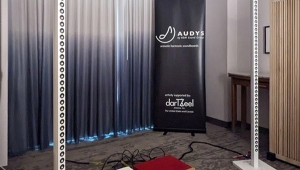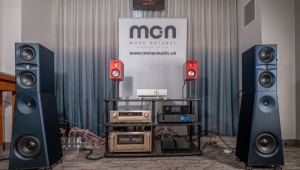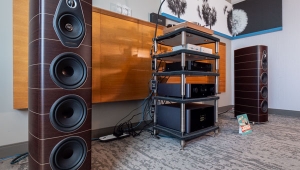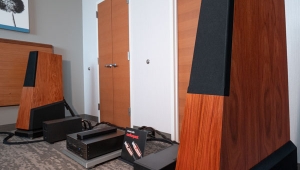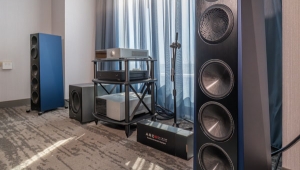| Columns Retired Columns & Blogs |
I agree with that thought, not that there's anything wrong with that.
I think there are 250 dollar bottles of wine that are more than reasonable.
Then again, there are wine nuts that think 35,000 dollars for a bottle is good value. So, I guess it depends on the price points that we become inured to.
In that realm of meaningless dollar amounts...which would one choose? These kooky speakers with bespoke screws, or a case of 35,000 dollar wine bottles? Not a question I am allowed to answer, end stage capitalism precludes the possibility of owning either.
Maybe they'd let me toss away a few grand for the special screwdriver and a small selection of screws. I'm sure they sound great all on their own. (J-10 could probably hear the difference.)
Better yet, I am sure Bugatti could make a special edition corkscrew, price it like an SAT tonearm, and offer it as a glove box kit for the car! I bet it would open the f-word out of a bottle of fine wine.
It does make me wonder, how many Saudi journalists would I need to chop up to be able to afford these speakers?
P.S. We need to get a review of these special screws, perhaps Jonathan Scull could pop by and compare these screws to the ones from that amplifier review where he listened for the optimal screw pattern on the top plate of an amplifier. Was it the Symphonic Line? Forsell? The name escapes me! I miss Jonathan.


























